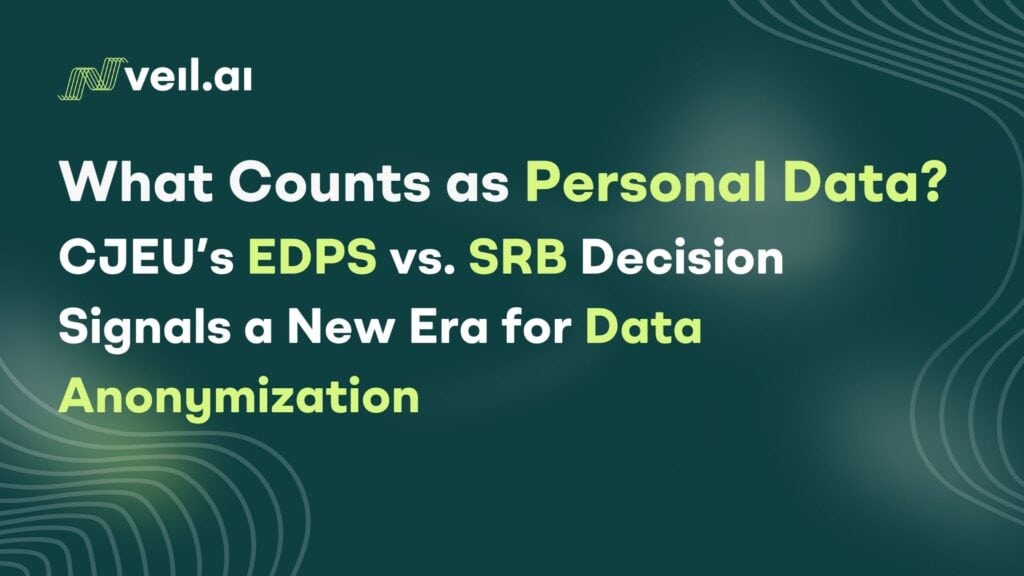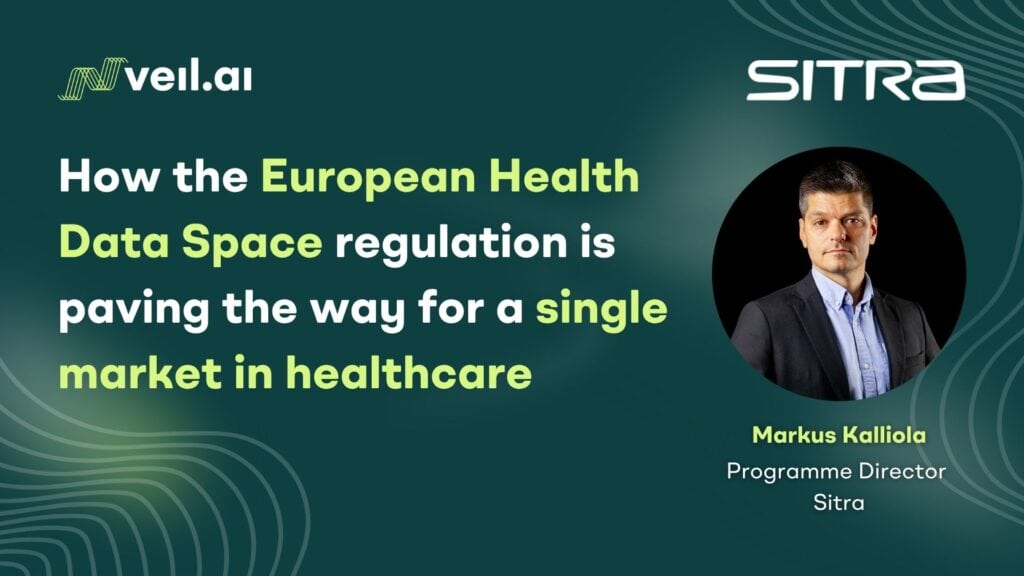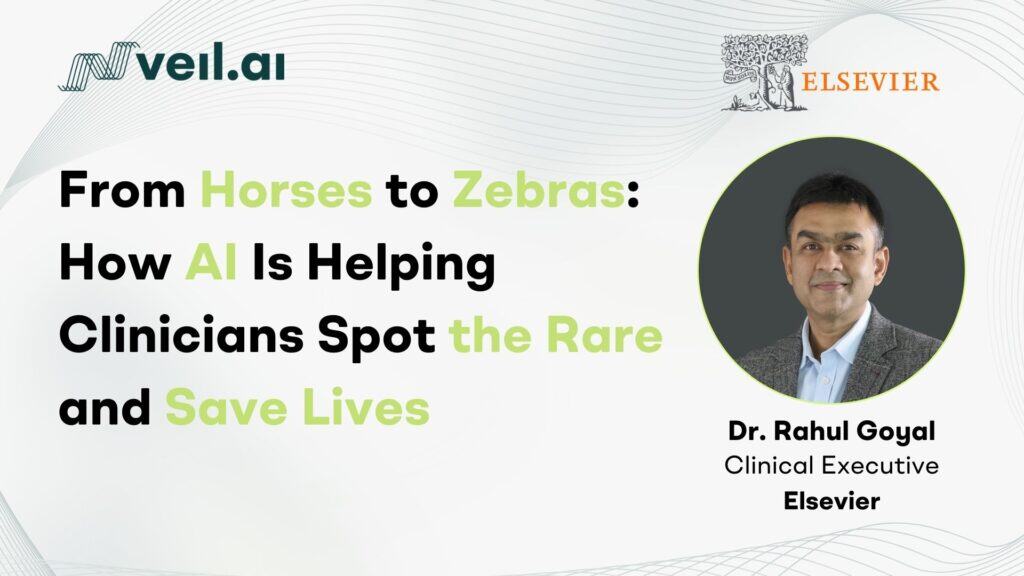With the introduction of the European Health Data Space (EHDS) and the EU AI Act, the regulatory landscape is finally aligning to unlock this potential for AI innovation. But access comes with a catch: strict privacy requirements. High-quality anonymization is no longer a “nice-to-have” – it’s the foundation for compliance and AI utility. In this post, we explore how the EHDS and EU AI Act are reshaping the future of AI in healthcare, and why next-generation anonymization is the key to tapping into this unprecedented data opportunity – securely and effectively.
The AI Data Shortage and Europe’s Unique Opportunity
At the 2025 Consumer Electronics Show, NVIDIA CEO Jensen Huang made a bold statement: “There is not enough data for AI.”
While this data scarcity is a global concern, Europe holds a massive untapped opportunity— real-world health data (RWD). According to Deloitte, 97% of RWD remains unused despite its potential to transform AI-driven healthcare and improve patient outcomes. Our technical team estimates that the volume of RWD is, in fact, millions of times larger than the dataset used to train ChatGPT-4.
But why is the data locked away? Privacy regulations and technical barriers, while important for preventing misuse of sensitive data, have prevented its full utilization. But the recent introduction of the European Health Data Space (EHDS) and AI Act legislation can change this—creating both an opportunity for innovation and a compliance change, while protecting privacy.
To fully benefit from EHDS, high-quality anonymization is no longer optional— it is a necessity.
How EHDS unlocks health data— while maintaining strict privacy protections
The EHDS regulation mandates that health data must be made available for research, AI training, and innovation— but only under strict privacy safeguards.
Single access point per country
Under the EHDS, each country will establish one or a few Health Data Access Bodies to centralize data access and approval processes. Finland’s Findata model, which has been in operation for six years and served as the blueprint for data access bodies in the EHDS, shows that this structured approach to data sharing can work.
The challenge: Balancing privacy and utility
The EHDS and the EU AI Act impose some of the world’s highest privacy standards. In effect, it is mandatory to guarantee the anonymity of data subjects, which cannot be achieved without high-quality anonymization. But most traditional anonymization methods fail in two ways:
- Data masking methods (HIPAA-style approaches): removing only direct identifiers or pre-defined values like zip code often leaves re-identification risks, making them non-compliant with the EU standards.
- Non-optimized anonymization (blind generalization and suppression): blind suppression of data effectively anonymizes data, but strips too much detail and makes data unreliable for real-world AI applications, and reduces AI training effectiveness.
VEIL.AI: High-quality anonymization for AI-ready health data
At VEIL.AI, we specialize in solving this challenge—providing cutting-edge anonymization that meets EU compliance while preserving AI utility.
Our technology offers:
- True GDPR- and EHDS-compliant anonymization: our advanced algorithms eliminate reidentification risk, exceeding regulatory requirements.
- Data that retains its full analytical value: ultra-high-quality anonymized data that behaves like the original data—ideal for AI analytics and cross-border research.
- Seamless integration with AI pipelines: optimized for machine learning, data sharing, and international collaborations without privacy and compliance risks.
AI and health innovation without privacy risks is the future
The EU AI Act and the EHDS create an urgent need for high-quality anonymization. Traditional anonymization methods are no longer enough to meet compliance and AI training demands. VEIL.AI offers a future-proof solution—maximizing data potential while ensuring privacy.
Are you ready to meet the strictest EU privacy standards while keeping your data AI-ready?
Let’s talk. Contact VEIL.AI today.






